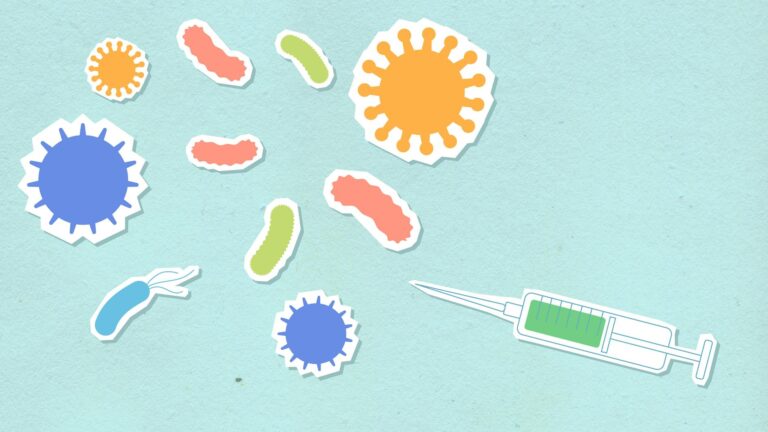Alcohol has been a part of human culture for centuries. It has been used for celebrations, socializing, and even as a coping mechanism for stress and anxiety. However, as we age, we begin to see the effects that alcohol consumption can have on our bodies, specifically our cognitive function. There is a common misconception that moderate drinking is actually beneficial for our brain health, but the truth is that alcohol consumption can lead to a decline in cognitive function.
What is cognitive decline?
Cognitive decline refers to the gradual decrease in our brain’s ability to function properly. This can manifest in various ways, such as memory loss, difficulty with problem-solving and decision-making, and a decline in overall mental sharpness. It is a normal part of the aging process, but certain lifestyle choices, including alcohol consumption, can accelerate this decline.
The link between alcohol and cognitive decline
Studies have shown that excessive alcohol consumption can lead to structural and functional changes in the brain. It can cause damage to neurons and decrease the production of important brain chemicals, leading to a decline in cognitive function.
Alcohol also affects the hippocampus, which is responsible for forming and storing memories. As we age, the hippocampus naturally begins to shrink, but excessive alcohol consumption can accelerate this process. This can result in memory loss and difficulty retaining new information.
Another area of the brain that is affected by alcohol consumption is the prefrontal cortex, which is responsible for decision-making, planning, and problem-solving. This area is particularly vulnerable to the effects of alcohol, and over time, it can lead to a decline in these cognitive functions.
Moderate vs excessive drinking
It’s important to note that not all alcohol consumption is equal when it comes to its effects on cognitive decline. Moderate drinking, defined as one drink per day for women and two drinks per day for men, has been associated with some potential health benefits. This includes a reduced risk of heart disease and stroke. However, this does not mean that moderate drinking is safe when it comes to cognitive decline.
Even moderate alcohol consumption has been linked to changes in brain structure and function, and it can still accelerate cognitive decline over time. Additionally, what is considered “moderate” can vary from person to person, and it’s important to be aware of your own tolerance and limits.
Age and genetics play a role
While excessive alcohol consumption can lead to cognitive decline at any age, it is important to note that our genetics and age can also play a role. Some people may be more genetically prone to the negative effects of alcohol on their brain, while others may be more resilient. Additionally, as we age, our brains naturally become more susceptible to the effects of alcohol. This means that even if we were able to tolerate higher levels of alcohol consumption in our younger years, it may have a more significant impact on our cognitive function as we get older.
The risks of binge drinking
Binge drinking, defined as consuming four or more drinks in two hours for women and five or more drinks in two hours for men, is extremely harmful to our brain health. It can lead to short-term cognitive impairment and memory loss, and chronic binge drinking can have long-term effects on cognitive decline.
Binge drinking is becoming increasingly common among older adults, as many may have developed a habit of regular alcohol consumption over the years. However, this pattern of drinking can have serious consequences on their cognitive function and overall health.
The importance of moderation
While the truth about alcohol consumption and cognitive decline may be sobering, it’s important to remember that moderation is key. This means being mindful of how much we are drinking and keeping within the recommended guidelines. It’s also important to listen to our bodies and be aware of any changes in our cognitive function that may be a result of alcohol consumption.
If you or a loved one is struggling with excessive alcohol consumption, it’s never too late to seek help. Seek support from a healthcare professional or a support group to develop healthier habits and reduce the risk of cognitive decline.
In conclusion, while alcohol may have its place in social settings and celebrations, it’s important to be aware of its potential effects on our cognitive function. Excessive alcohol consumption can lead to structural and functional changes in the brain, accelerating the natural process of cognitive decline. The truth is, moderation is key when it comes to alcohol consumption, and being mindful of our drinking habits can help us maintain a healthy brain as we age.





